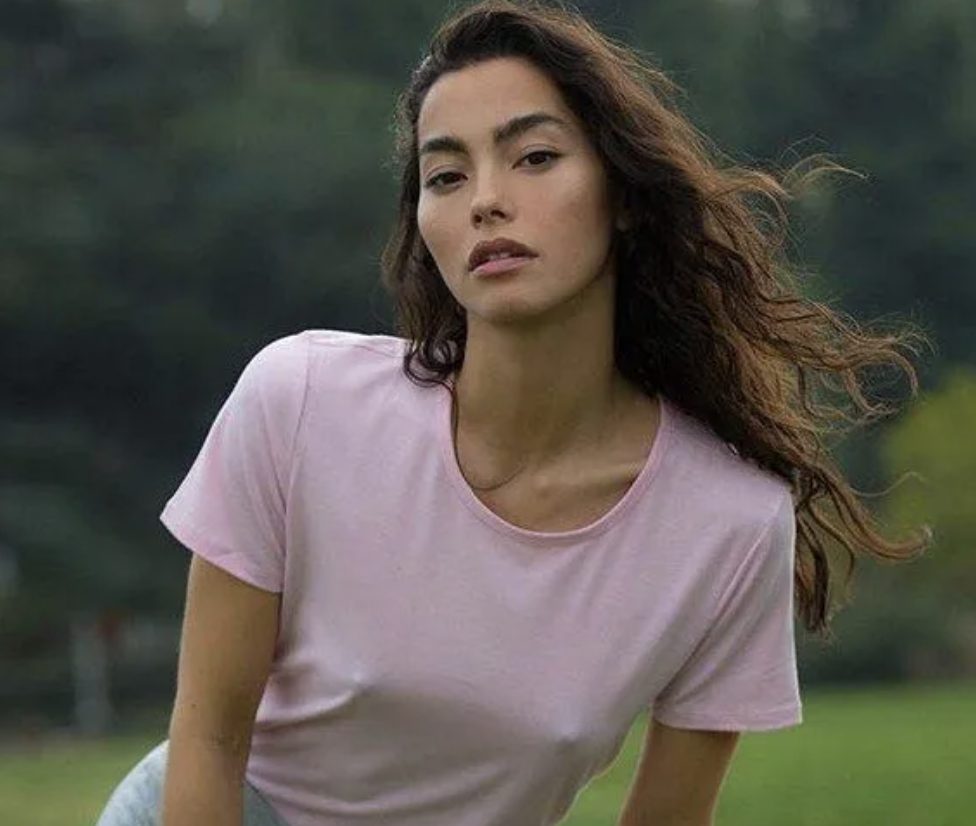In the dynamic world of fashion, trends ebb and flow, creating an ever-evolving landscape that reflects the spirit of our times. The 21st century has witnessed a fashion renaissance, characterized by a fusion of past influences, technological advancements, and a growing emphasis on sustainability. In this article, we explore the multifaceted journey of fashion in the 21st century, from the revival of vintage styles to the integration of technology and the rise of sustainable and inclusive practices.








As we step further into the 21st century, fashion finds inspiration in the past. Vintage styles from the mid-20th century, ranging from the elegance of the 1950s to the free-spiritedness of the 1970s, are experiencing a renaissance. Modern designers are reimagining and reinterpreting these classic looks, giving them a contemporary twist. From A-line skirts to tailored blazers, the revival of vintage styles adds a nostalgic charm to the fashion scene.








The 21st century has ushered in a new era of tech-infused fashion, where style seamlessly integrates with innovation. Smart fabrics, wearable technology, and interactive accessories are pushing the boundaries of what we traditionally associate with clothing. From garments that change color with a tap to accessories that monitor health metrics, technology is transforming fashion into a canvas of both aesthetics and functionality.










In response to growing environmental concerns, sustainability has become a focal point in the fashion industry. Brands are adopting eco-friendly practices, embracing recycled materials, and rethinking production processes to minimize their carbon footprint. The rise of sustainable fashion reflects a collective effort to address the environmental impact of the industry and promote ethical and conscious consumerism.









The 21st century has seen a shift towards more inclusive representations in the fashion world. Diversity in body shapes, sizes, ethnicities, and gender identities is gaining prominence on runways, in campaigns, and in fashion publications. Brands are championing body positivity and embracing models who challenge traditional beauty standards, fostering a more inclusive and representative industry.










While fast fashion has dominated the retail landscape for years, the 21st century marks a turning point in consumer consciousness. Increasing awareness of the environmental and ethical issues associated with fast fashion has led to a reevaluation of consumer habits. People are seeking alternatives, favoring quality over quantity and supporting brands that prioritize ethical production practices.








In the age of social media, influencers have emerged as powerful trendsetters. Fashion influencers curate styles, share personal narratives, and influence purchasing decisions. Their impact on fashion trends has reshaped the industry, making it more accessible and relatable. Social media platforms serve as dynamic runways where individuals express their unique styles and contribute to the democratization of fashion.








Advancements in technology have facilitated a shift towards customization and personalization in fashion. From made-to-order clothing to personalized accessories, consumers are increasingly seeking unique, one-of-a-kind pieces that reflect their individuality. The era of mass production is giving way to a more personalized shopping experience, allowing individuals to express their style in a way that feels distinctly their own.



